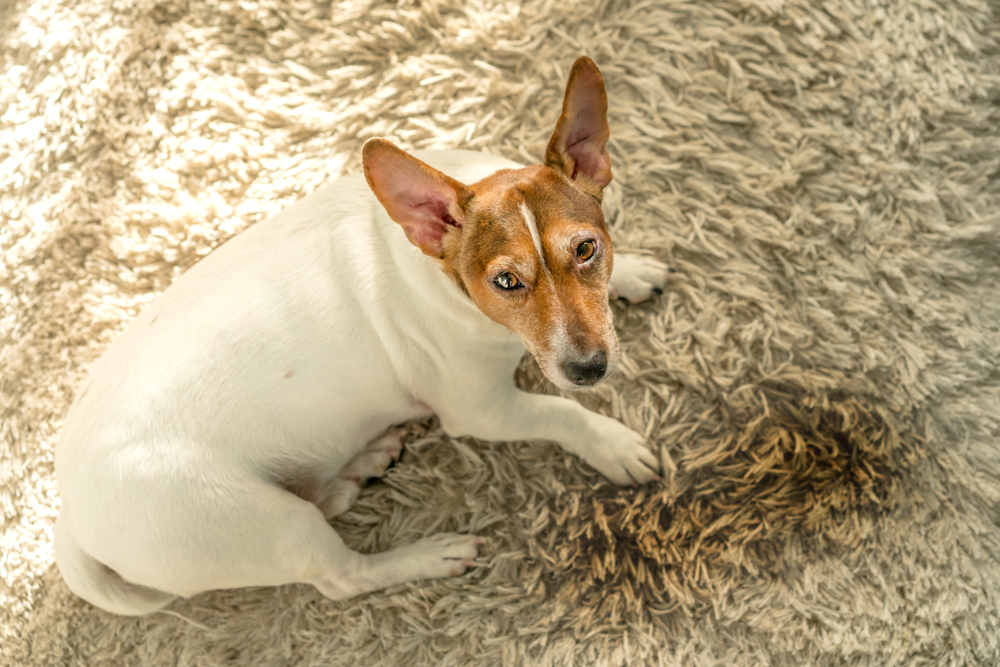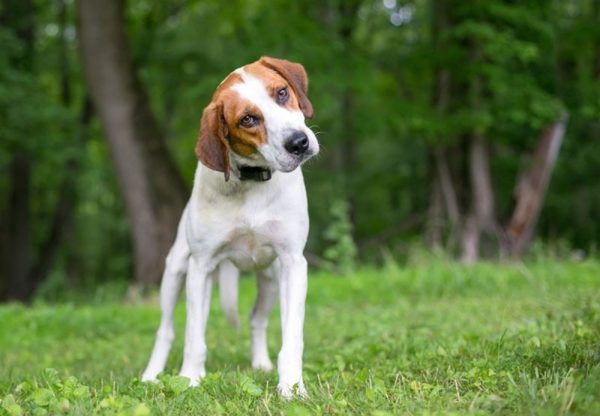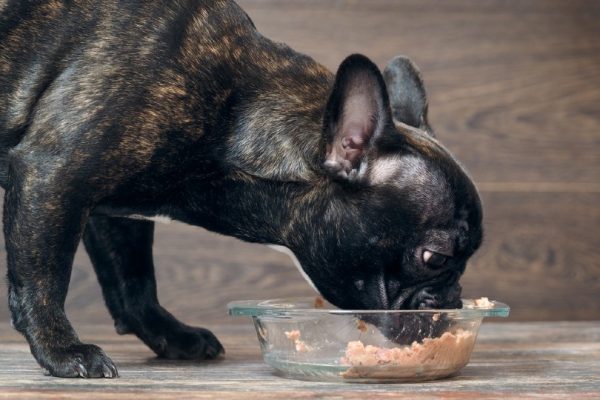There’s little more aggravating than assuming you have your furry friend trained only to find them turning around and peeing in the living room, right in front of you. While this is pretty common and can happen frequently when you’re trying to train a new puppy, you might become frustrated and a bit overwhelmed if it continues into adulthood.
Some pet owners even think their dogs are peeing in front of them because they’re angry with something they’ve done!
There are a few reasons for this to be happening, including disease, illness, fear, and even just that they’re young and not fully trained yet. In this article, we’ll give you a few of the different reasons we’ve come across for why your dog may be urinating in the house in front of you. Once you’ve figured out the cause of the problem, it’ll be much easier to fix it!

The 6 Reasons Why Your Dog Might Pee in the House
1. Dog Not Being Walked Enough

Often, when your furry friend pees inside, it’s because they aren’t getting enough opportunities to go outside and use the bathroom. In most cases, you’ll need to take your dog outside or for walks an average of three times a day. If you have an older pet, then five times a day may be required instead.
While walking your pup and taking them outside so many times a day might get tiring, see it as a bonding experience between you and your pet. Before you know it, you’ll start to enjoy your walks as much as your dog does, or simply install a dog door.
2. Marking Territory
It’s common knowledge that many dog breeds are territorial, and they claim their territory by marking it. In many cases, this can be taken care of by having the dog neutered, but that’s no guarantee. If neutering your pup doesn’t work, you may need to bring in a professional trainer to take care of the problem instead.
3. Insufficient Training
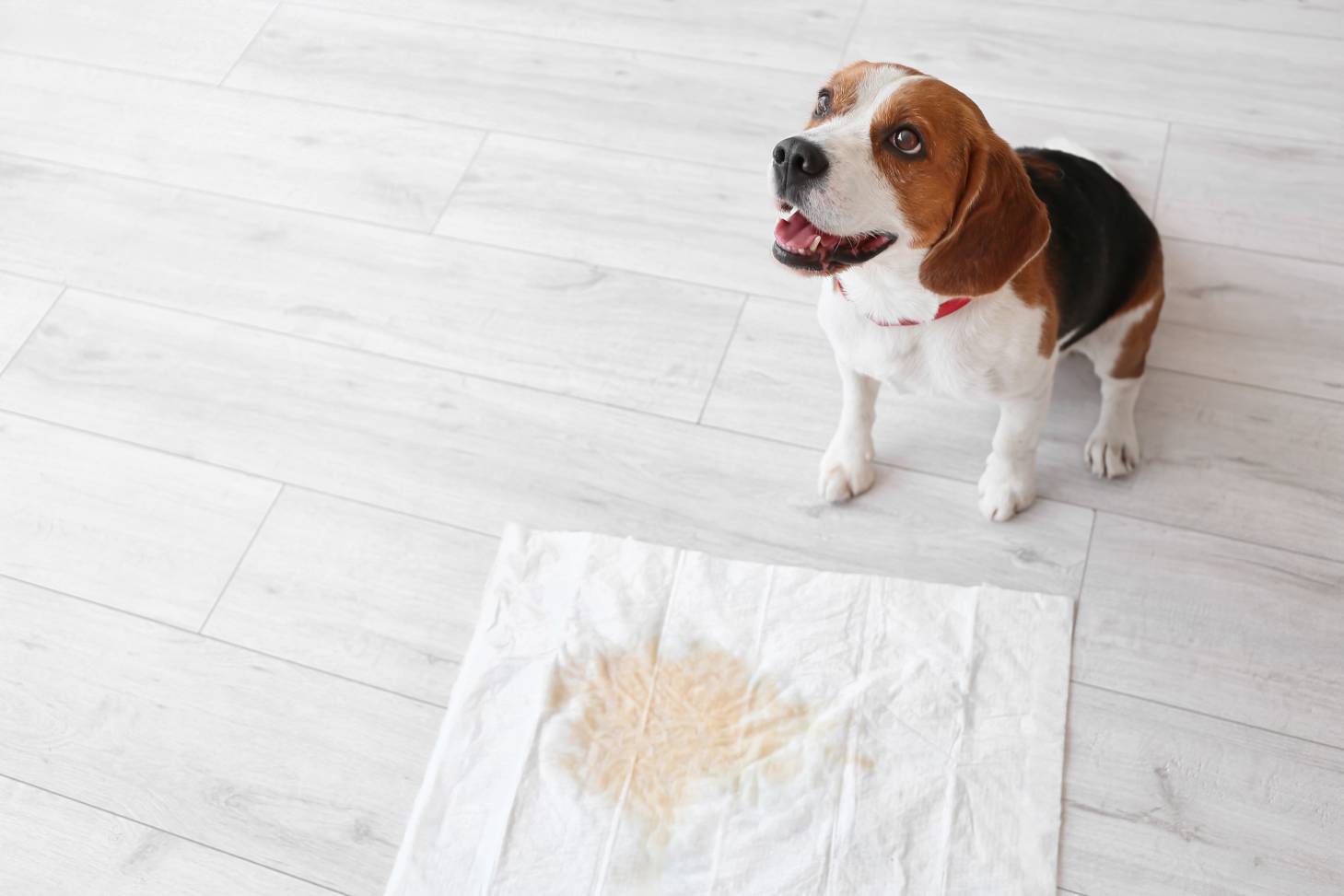
If you have a puppy, you need to know that potty training requires patience and consistency, as young puppies have limited bladder control and need frequent opportunities to relieve themselves. Most puppies can only hold their bladder for about an hour per month of age, so scheduling regular bathroom breaks is essential. Take your puppy outside immediately after waking, eating, playing, or drinking, and reward them with praise or treats when they go in the designated area to reinforce the behavior.
4. Fear
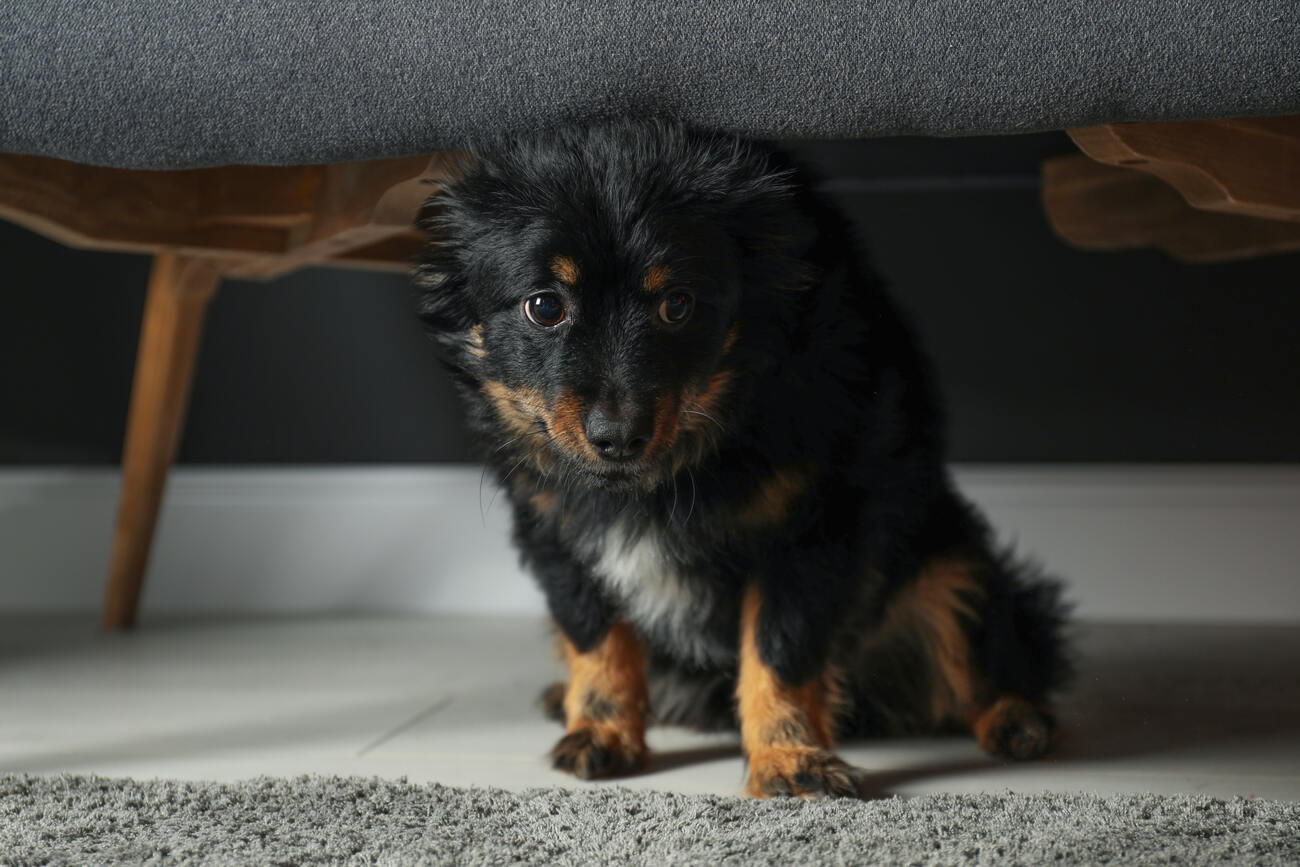
The correct term is submissive urination, and this is a dog’s way of showing they’re not a threat, and it usually happens when they’re feeling nervous, intimidated, or trying to please someone they see as more dominant. It’s an involuntary behavior, not something they’re doing on purpose. You might see it when you come home and greet your dog, or if they’re scolded or approached in a way they find overwhelming.
Submissive urination is especially common in puppies or shy dogs. Avoid yelling or punishment, as that can make the problem worse. Instead, focus on building their confidence with patience, gentle interactions, and positive encouragement.
5. They’re Getting Older
When it comes to a dog peeing in the house, age has to be taken into consideration. Older dogs can experience a loss of sphincter control, leading to urinary incontinence. Age-related weakening of the urethral sphincter muscles and hormonal imbalances in spayed females are common causes but there can be other underlying medical conditions affecting your senior pup.
6. They’re Overexcited
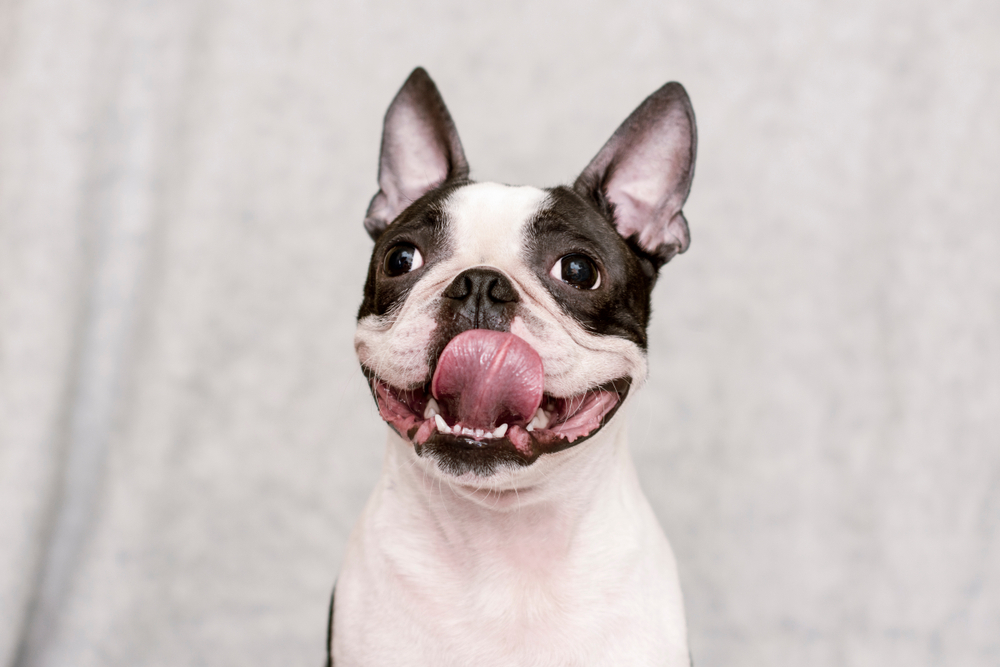
Keep an eye on your pet and try to notice if they’re only peeing in the house when they’re overly excited about something. Unfortunately, this often happens with many dogs, especially when they’re puppies and don’t have full control of their bladders yet.
Excitement urination often happens during greetings, playtime, or other high-energy interactions, especially with people they love or are eager to please. It’s not that your dog is misbehaving, it is an involuntary response.
If you need to speak with a vet but can't get to one, head over to PangoVet. It's our online service where you can talk to a vet online and get the advice you need for your pet — all at an affordable price!


Final Thoughts
These are a few of the top reasons that your dog may be peeing in the house right in front of you. If none of these issues seem to be the problem with your furry canine, make an appointment with your vet to try and determine if the issue is health-related. If not, then it might be time to call in the professionals to help you train your pup the right way.
Don’t give up. Every puppy and dog can be trained with patience, love, and a gentle but firm hand.
See Also:
- Trusted House Sitters Review: Our Expert’s Opinion
- My Dog Keeps Peeing in Their Crate: 6 Vet-Reviewed Causes & Solutions
Featured Image Credit: Bonsales, Shutterstock

